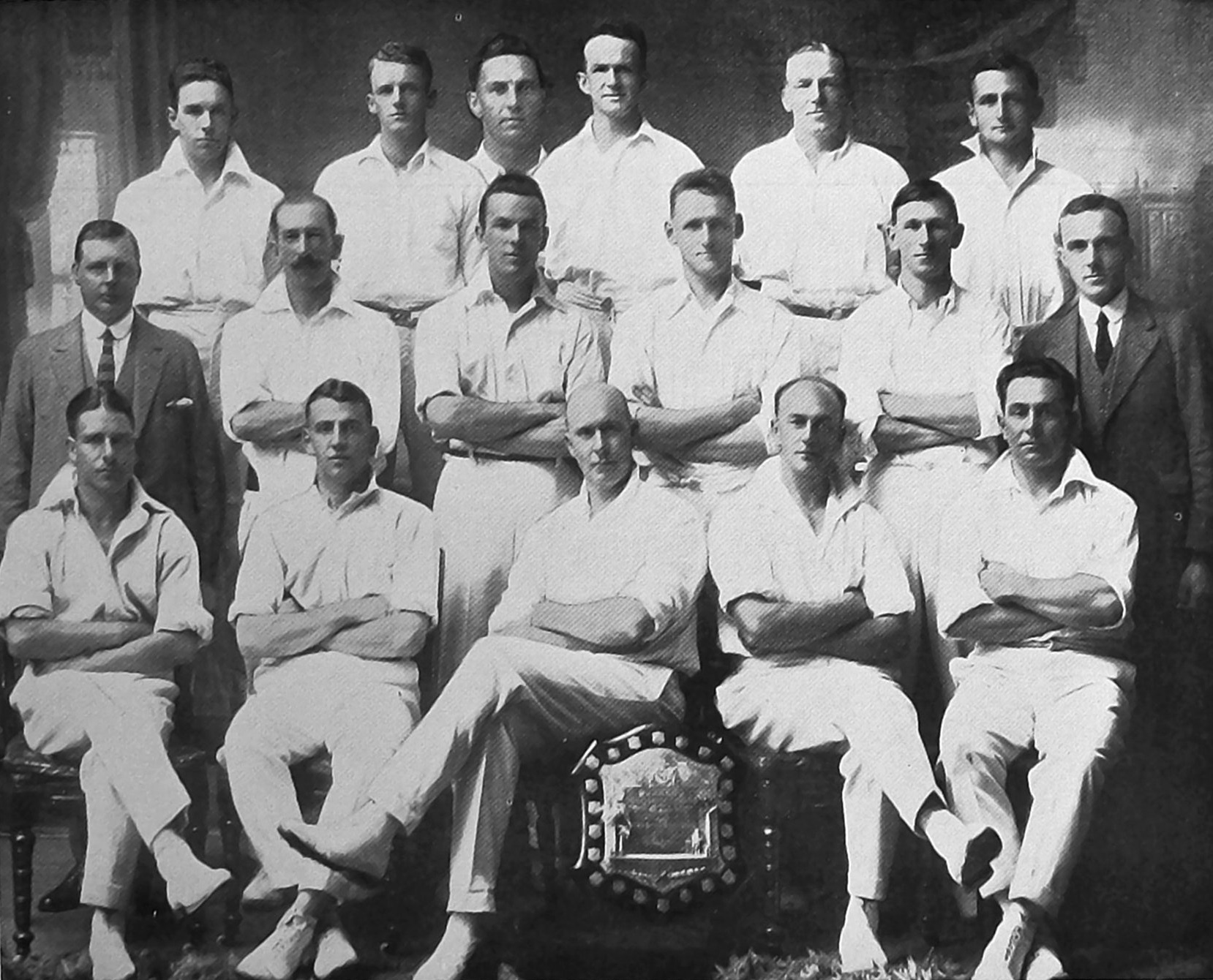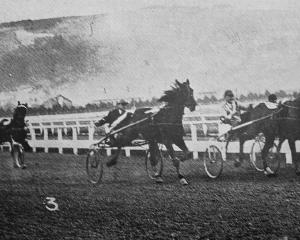

Otago doing well
The sporting section of the Otago community, gratified last week by the transference to Dunedin of the Sanders Cup for small sailing boats, will this week display justifiable enthusiasm over the fact that, for the first time, the Plunket Shield, the mark of supremacy in interprovincial cricket, has been won by the Otago team. This latter success is one which we are sure, the other competing teams will not grudge to Otago. The determined and splendid battle which Otago offered last season to Wellington, the winners of the Shield for 1923-24, suggested that this provincial district would be a factor that would have to be seriously reckoned with in the competition in 1924-25. Then the closeness of the finish last month in the match between Wellington and Otago — a match, again, in which the Otago team revealed itself as a team of dogged fighters — will have prepared the cricketing public throughout New Zealand for the result of the contest that ended yesterday. — editorial
A legitimate observation
Infantile mortality has been shown to be affected by a number of factors, and though the actual or approximate effect of each of them is not properly ascertainable, certain conclusions have been reached. There is nothing very surprising in the information that the mortality rate of illegitimate infants is much higher than that of legitimate infants. It is mentioned that the illegitimate death-rate from infectious and epidemic diseases, for example, is seven times as high as the legitimate death rate, while for diseases of the digestive system, congenital debility and other causes peculiar to early infancy it is double the rate for legitimate first-born children. The Statistician is able to state, however, that happily the percentage of illegitimate to total births in New Zealand is very low. — editorial — ODT, 10.2.1925
Compiled by Peter Dowden











